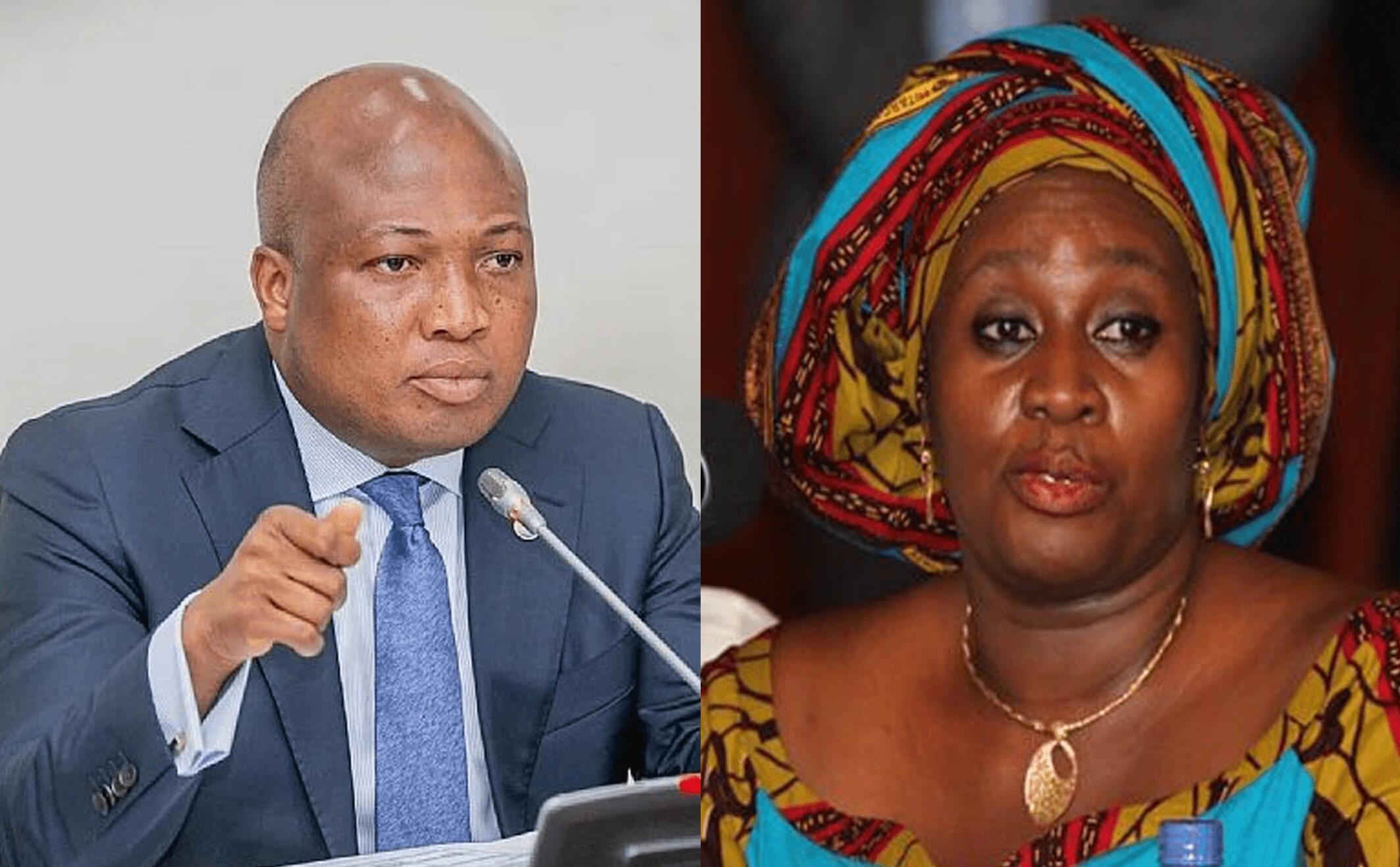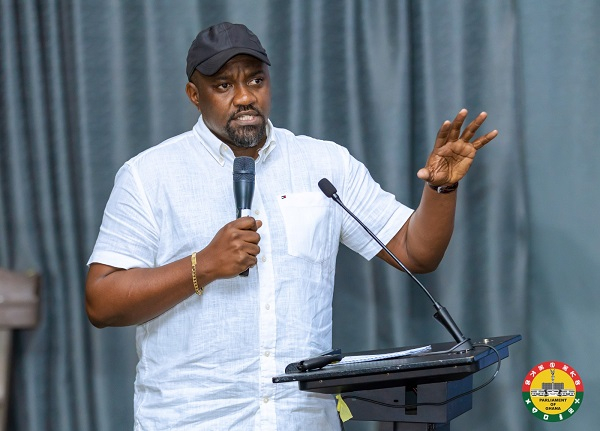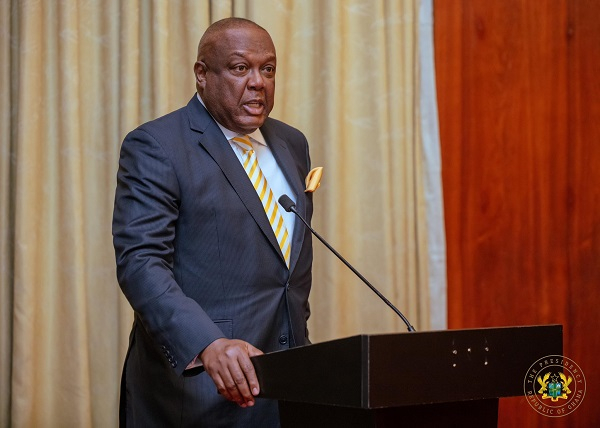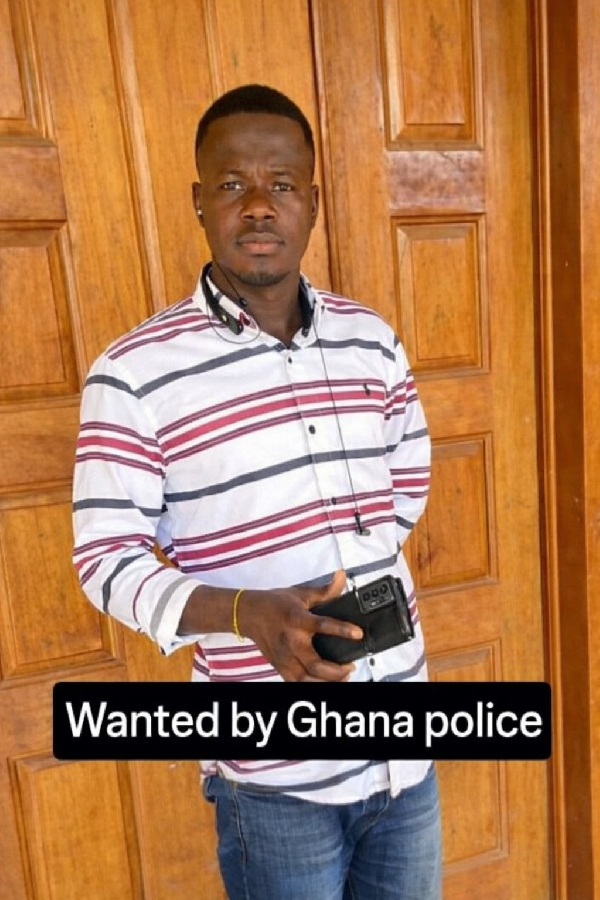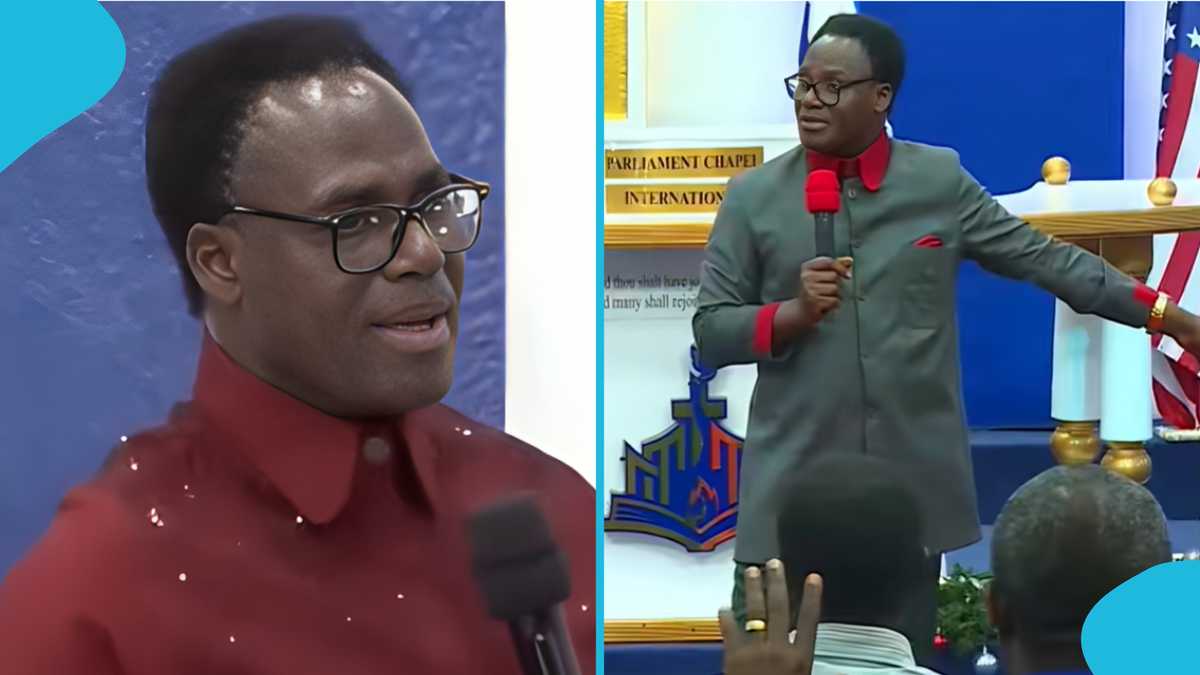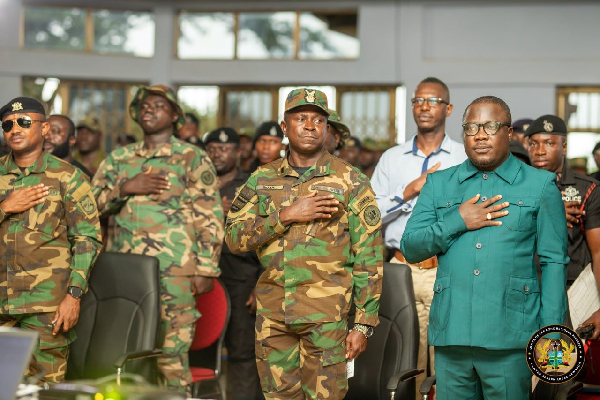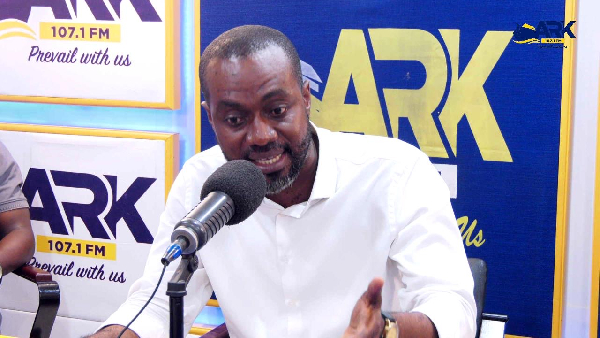The Death of Albert Ojwang Sparks Outrage
The shocking death of Kenyan blogger Albert Ojwang while in police custody has reignited debate over police brutality in Africa. Ojwang, 31, was arrested on June 6, 2025, in Homa Bay after allegedly defaming Kenya’s Deputy Police Chief, Eliud Lagat, on the social platform X.
Police initially claimed that Ojwang died from self-inflicted injuries after hitting a cell wall. He was found unconscious during a routine inspection and died shortly after arriving at the hospital. However, a post-mortem by state pathologist Bernard Midia revealed assault injuries, including head trauma and neck compression—disproving the police version of events.
As a result, three police officers and three civilians were charged. Deputy Police Chief Lagat resigned during the investigation. The incident triggered widespread protests across Kenya, with citizens demanding justice and sweeping police reforms.
Widespread Police Violence Across Africa
Ojwang’s case reflects a deeper crisis. Across Africa, state-sponsored police violence continues to rise. In Nigeria, the 2020 #EndSARS protests saw security forces kill at least 12 peaceful demonstrators. South Africa’s 2012 Marikana massacre left 34 miners dead when police opened fire on striking workers.
Uganda’s 2021 elections were marred by violent crackdowns on opposition supporters. Over 50 civilians lost their lives during these clashes. Zimbabwe also witnessed police brutality in 2019 during protests over fuel price hikes, where many died, and women reported sexual assaults by officers.
Ghana Is Not Exempt
In Ghana, the pattern is no different. During the 2021 Ejura protests, police fatally shot two demonstrators following the murder of social activist Ibrahim Mohammed. The 2020 elections also saw fatal shootings in Techiman South when security forces opened fire on a crowd, leading to several deaths.
These repeated incidents point to a dangerous culture of impunity. Investigations are often delayed, inconclusive, or never conducted, leaving victims and families without justice.
How Police Brutality Breaks Public Trust
When police engage in unchecked violence, public trust quickly deteriorates. Citizens become less likely to report crimes or cooperate with investigations. This breakdown in trust weakens law enforcement’s effectiveness, harming public safety.
Instead of feeling protected, communities start to fear the very officers meant to serve them. This fear fuels protests and civil unrest, as recently seen in Kenya. The impact isn’t only social—it’s financial. Lawsuits and compensation payouts for police misconduct drain national resources that could fund health, education, or development.
Urgent Steps Needed for Reform
To fix these deep-rooted issues, governments must prioritize police reform. That includes proper crowd-control training, clear disciplinary action for abusive officers, and better public education on legal rights and reporting abuse.
Transparent investigations are critical. Citizens must trust that if officers commit crimes, they will be held accountable. Supporting peaceful protest and respecting civil liberties are key to building lasting trust between the police and the people.
Moving Forward Together
Ending police brutality in Africa requires collective effort. Governments, civil society, and international bodies must work together to ensure police forces protect and serve fairly. Only then can trust be rebuilt, and public institutions regain credibility.
For further information, please visit the original report at Graphic Online.




